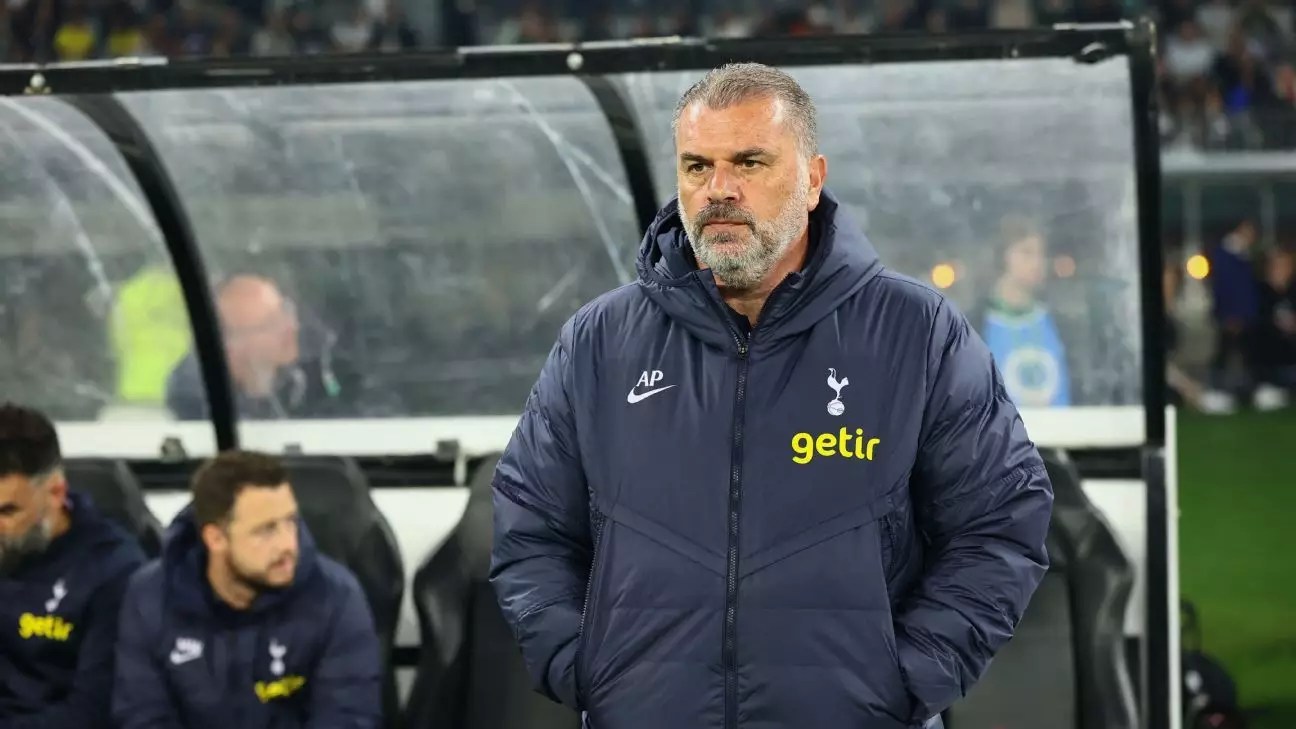Tottenham Hotspur recently embarked on a post-season friendly trip to Australia just hours after their final Premier League match of the season, drawing criticism from climate change campaign groups. The decision to travel across the world for a single friendly match has raised questions regarding the environmental impact of such trips.
The additional demands placed on players due to these post-season friendly matches have also come under scrutiny. Newcastle defender Kieran Trippier expressed his concerns, stating that such trips are not ideal, especially in a tournament year. Given the congested fixture calendar and the physical toll that a season takes on players, the decision to participate in these matches raises issues of player fatigue and potential injuries.
While Tottenham head coach, Ange Postecoglou, defended the decision to travel for the post-season friendly as a means to generate revenue and exposure for the club, the implications for player welfare cannot be ignored. The prioritization of financial gains over the well-being of the players highlights a concerning trend in modern football.
The absence of key players such as Cristian Romero and Pierre-Emile Højbjerg from the travelling squad due to injuries raises further questions about the necessity of these post-season friendly trips. With players already recuperating from the demands of a grueling season, the risk of exacerbating injuries or causing new ones during these matches cannot be understated.
Furthermore, the announcement of a preseason tour to South Korea, where Tottenham will face Bayern Munich, adds another layer of complexity to the issue. The prospect of travelling once again for preseason matches immediately after a post-season friendly raises concerns about player readiness and the toll that excessive travel can take on their physical and mental well-being.
In light of these concerns, it is crucial for football clubs, including Tottenham Hotspur, to reflect on the impact of their scheduling decisions on players, the environment, and the overall integrity of the sport. Balancing the financial incentives of such trips with the health and well-being of the players should be a top priority for clubs and football governing bodies moving forward.
The issue of post-season friendly trips and preseason tours raises important questions about the ethics and sustainability of modern football practices. It is imperative for clubs to consider the long-term implications of their decisions and prioritize the welfare of their players above all else. Only through a thoughtful and measured approach can football truly uphold the values of fair play, sportsmanship, and respect for the well-being of all involved.


Leave a Reply